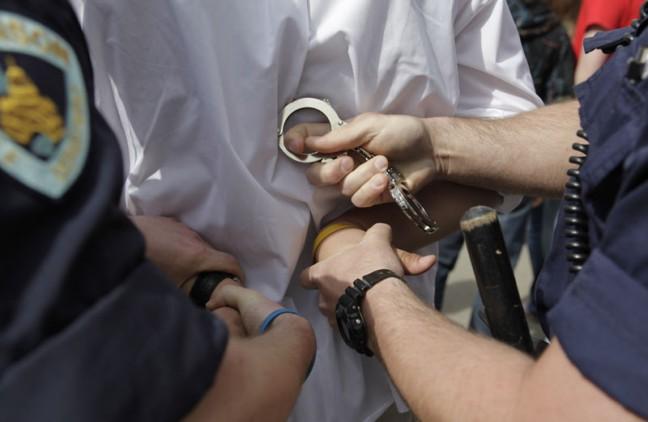The recent University of Wisconsin crime warning issued Thursday didn’t surprise me. It didn’t surprise a lot of people, I’d imagine.
Reports of sexual assault crop up all too frequently in our community. It’s inevitable that more crime warnings, just like this one, will filter into our inboxes. With every report, the question is raised: How do we stop sexual assault on campus? That is a question with no definitive solution, especially because sexual assault is highly correlated with alcohol consumption, an extremely prevalent part of our campus culture.
This isn’t to say that measures haven’t been taken to try and stop it. But programs like Tonight don’t really seem to have accomplished much.
I believe that sexual assault on campus will decrease if victims believe they can hold perpetrators responsible, and perpetrators actually fear the consequences of their heinous actions. But it’s nearly impossible to stem the high rate of sexual assault when only one percent of these incidences are reported to law enforcement.
It’s demoralizing — 99 percent of perpetrators of sexual assault evade the consequences of their actions. And of that 99 percent, not all are subject to investigation.
It’s unfortunate that the onus is placed on the victim to take action against the perpetrator. I can’t fathom how painful it is to have to come to terms with experiencing sexual assault. Staying silent is, of course, the victim’s choice, but staying silent helps no one. Not reporting a rape undermines the seriousness of sexual assault and the wounds it inflicts.
Perpetrators need to be held responsible, period.
Two recent cases of reported sexual assault have surfaced, and the contrast between how the situations were handled is striking.
In one instance, a woman who fought off attempted sexual assault informed the Madison Police Department of the incident. Because of her action, an investigation has ensued.
In the second instance, the victim, allegedly drugged and assaulted at a fraternity, reported the incident to a campus security authority.
Both victims took action by telling someone, but because the victim in the second incident told a campus security authority and not a law enforcement unit, no investigation was launched.
I’m not blaming the victim in the second incident. If they chose not to report to the police for any reason, that is their right entirely. But I have to ask: Why do victims not feel comfortable reporting it to law enforcement?
Maybe it’s because they feel the investigation might lack evidence, or maybe they think reporting the incident won’t bring any justice. Regardless of their reasons, all victims should feel empowered to take decisive action and to know that they deserve justice.
Perhaps if more sexual assault cases are reported to law enforcement, perpetrators will start taking rape a little more seriously. They might consider someone else’s presence of mind a little more carefully the next time they’re at a party and convincing another drunk student to go home with them.
Rape is not always met with physical resistance, but people grossly misunderstand that a lack of resistance doesn’t mean consent is given. I think this also leads many victims to feel they’re unjustified in opening an investigation against their perpetrator if they didn’t or couldn’t resist. That’s sad, and that’s a problem.
Without more action taken against those who commit sexual assault, rape culture cannot be challenged. We’ll keep getting these crime warnings with each one representing a victim’s well-being and sense of safety being torn from them.
Victims need to know they can be brought justice. Only by encouraging the report of sexual assault can we begin to challenge the threatening rape culture on our campus.
Megan Stefkovich ([email protected]) is a junior majoring in biology.








